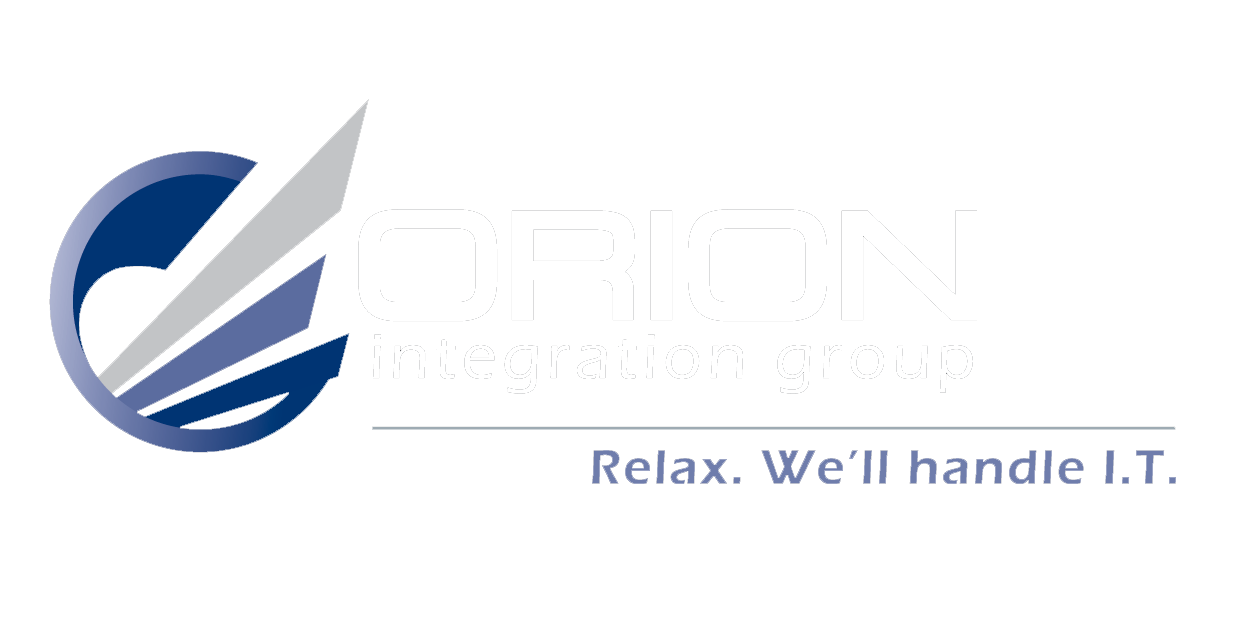Strengthening SME Cybersecurity: Essential Steps and Strategies
In the realm of cybersecurity, small and medium-sized enterprises (SMEs) face unique challenges and vulnerabilities. Understanding the essential steps and strategies to strengthen their cybersecurity defenses is paramount in safeguarding their sensitive data and operations. Explore the importance of bolstering SME cybersecurity and highlight key measures that businesses can implement to mitigate risks and enhance their resilience against cyber threats.
Understanding the Importance of Cybersecurity for SMEs
In today’s digital age, cybersecurity has become a critical concern for businesses of all sizes, but small to medium-sized enterprises (SMEs) often face unique challenges. With limited resources and expertise, SMEs are increasingly becoming the target of cybercriminals. Recognizing the immense impact of cyber threats and understanding how to mitigate these risks is essential for the longevity and success of any business.
Cybersecurity breaches can have
devastating effects on SMEs. Besides the immediate financial losses, which can be substantial, companies also face reputational damage, loss of customer trust, and potential legal ramifications. Statistics show a worrying trend: a significant percentage of small businesses that suffer a major cyber attack end up closing within six months after the incident. This stark reality underscores the necessity of implementing a robust cybersecurity plan.
One might wonder why SMEs are frequently targeted by cybercriminals. The answer lies in the common lack of a comprehensive cybersecurity strategy. Many small businesses operate under the mistaken belief that their size makes them a less appealing target. The relative ease of penetrating their defenses compared to larger corporations makes them attractive targets to attackers. Cybersecurity is not just about preventing data breaches; it's about protecting a business's entire operational integrity.
The role of a comprehensive cybersecurity plan cannot be overstated. It serves as the first line of defense against cyber threats, providing structured guidelines on preventing, detecting, and responding to cyber incidents. A well-crafted plan encompasses everything from securing networks and information to educating employees about potential cyber threats. It’s not just about having the right technology in place but also about fostering a culture of security within the organization. Critical to this is an understanding that cybersecurity is an ongoing process, requiring regular updates and reviews to adapt to the evolving digital landscape.
Given the growing sophistication of cyber threats, it’s imperative for SMEs, particularly those in regions sporting a vibrant technological ecosystem like Boise, Idaho, and its surrounding areas, to recognize the importance of cybersecurity. Doing so not only protects the company's valuable data and assets but also ensures the trust of its customers, which is invaluable. In the next sections, we'll explore how SMEs can assess their current cybersecurity protocols, prioritize assets, and develop strategic response plans to strengthen their defenses against these ever-evolving threats.
Assessing Your Current Cybersecurity Protocols
The first vital step towards constructing a robust cybersecurity plan for SMEs is thoroughly assessing current IT security measures. This process involves a comprehensive evaluation of your network's security, the effectiveness of your current cybersecurity policies, and the awareness level of your employees regarding cybersecurity. Identifying vulnerabilities and common gaps in your cybersecurity defense can significantly tighten your security posture. Tools such as NIST’s Cybersecurity Framework offer invaluable guidelines and resources for assessing your cybersecurity measures against best practices.
Prioritizing Assets and Information
Upon understanding your current cybersecurity standing, the next essential phase is identifying and prioritizing your business’s critical assets and information. This step is paramount because not all data warrants the same level of protection. For instance, your customer's personal information, proprietary data, and financial records might be classified as high-priority assets. Techniques for classifying these assets could range from a simple inventory checklist to more sophisticated data classification software. By assigning levels of importance to different types of data and assets, SMEs can more efficiently allocate their cybersecurity resources and implement appropriate levels of protection.
Developing Strategic Response and Recovery Plans
A fortified cybersecurity posture extends beyond prevention. SMEs must develop strategic response and recovery plans outlining how to react to various cyber threats. Tailoring incident response strategies to the specific threats that pose the highest risk to your business ensures a swift and effective action plan in the event of a breach. Key components of a recovery plan include business continuity strategies ensuring your operations can proceed with minimal interruption and data backup systems to recover lost information swiftly. Establishing clearly defined roles and responsibilities within the company for crisis management empowers team members to act decisively and efficiently during a cybersecurity incident.
By systematically assessing the current cybersecurity measures, prioritizing the protection of critical assets, and developing tailored strategic response plans, SMEs can significantly enhance their resilience against cyber threats. These steps, though daunting, form the backbone of a cybersecurity strategy that safeguards not just data, but the overall integrity and future of a business. In the next section, we’ll look into the implementation of strong cyber hygiene practices, which serve as the day-to-day defense against cyber threats.
Implementing Strong Cyber Hygiene Practices
In the realm of cybersecurity for SMEs, enforcing strong cyber hygiene practices is akin to maintaining a healthy lifestyle to fend off diseases. It starts with fundamental, everyday actions that significantly bolster your cybersecurity defenses. Password management is the foundation of cyber hygiene. Encouraging employees to use strong, unique passwords for each service and implementing multi-factor authentication (MFA) wherever possible enhances security across all entry points.
Regular software updates and patch management
are critical; they ensure that known vulnerabilities are addressed before they can be exploited by cybercriminals. Technology alone cannot safeguard an organization. Employee training and awareness programs are paramount. Regular, engaging educational sessions can equip your staff with the knowledge to recognize potential cyber threats like phishing attempts, thus acting as a human firewall protecting your enterprise.
Regular Review and Update of the Cybersecurity Plan
Cybersecurity is not a set-and-forget proposition. The digital landscape, and the threats therein, evolve constantly. Regularly reviewing and updating your cybersecurity plan is crucial to adapting to these changes. Setting a schedule for periodic assessments can help identify new vulnerabilities and assess the efficiency of current strategies. Each review should incorporate feedback and lessons learned from previous incidents, ensuring that the cybersecurity plan remains dynamic and effective against emerging threats.
Leveraging Professional IT Support for Enhanced Security
For many SMEs, the complexity of cybersecurity management can be overwhelming, particularly for those without a dedicated IT department. This is where the value of partnering with professional IT support services becomes evident. Firms specializing in cybersecurity can offer the expertise and resources that many SMEs lack. Choosing a partner like Orion Integration Group for professional IT services means gaining access to customized cybersecurity solutions tailored to your specific business needs and threats in your operational area. Whether you are based in bustling city centers or quieter rural locales, professional IT support can provide peace of mind, allowing you to focus on growing your business, secure in the knowledge that your cybersecurity needs are being expertly managed.
Conclusion
Building a comprehensive cybersecurity plan is essential for SMEs navigating the complex digital terrain of today. By implementing strong cyber hygiene practices, regularly reviewing and updating the cybersecurity plan, and leveraging professional IT support, businesses can significantly reduce their vulnerability to cyber threats. In doing so, they protect not just their operational integrity but also the trust of their customers, which is invaluable in the digital age.
Ready to elevate your SME's cybersecurity plan? Contact Orion Integration Group today, they specialize in tailored cybersecurity solutions designed to protect and empower small to medium-sized businesses just like yours.




